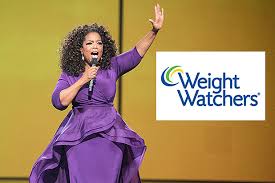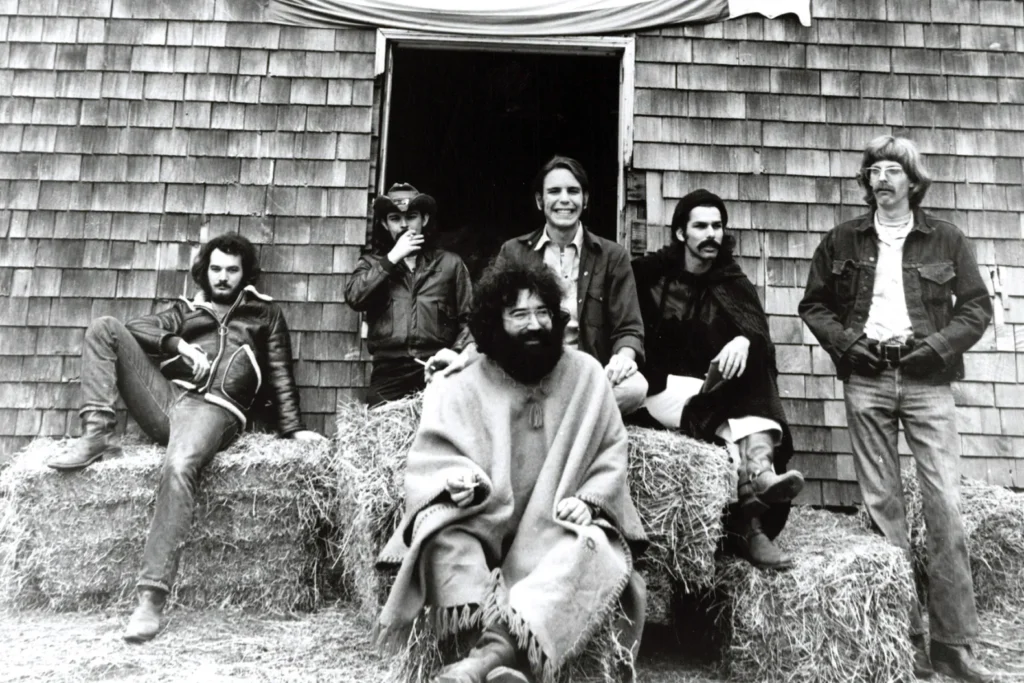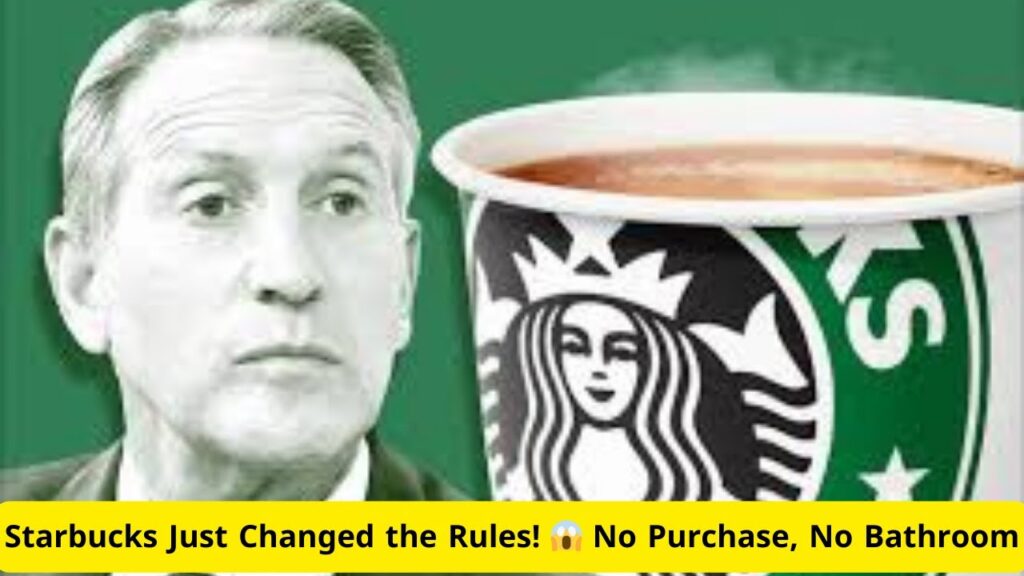 Bloomberg reported this week that “Weight Watchers… stock took a beating Wednesday (February 27), dropping as much as 36 percent on a dismal profit forecast after it struggled to sign up customers during the key post-holiday dieting season.”
Bloomberg reported this week that “Weight Watchers… stock took a beating Wednesday (February 27), dropping as much as 36 percent on a dismal profit forecast after it struggled to sign up customers during the key post-holiday dieting season.”
Oprah Winfrey, who owns 8% of the company, lost $58 million in a day, though it’s doubtful that she’ll need to start flying commercial again as a result.
Interesting that Bloomberg refers to the company with the bygone “Weight Watchers” name. Attempting to transform the narrow perception that it was primarily a weight loss company, the brand was renamed “WW” last year to represent the expanded purpose of overall wellness.
At the time, I wrote that the rebrand was strategically sound.
(WW understands the) “bigger” aspirations its brand represents. WW will not be joining the likes of Kodak or Time-Life Books on the scrapheap of failed brands and missed opportunities. Kodak thought they were in the film business, not photography. Time-Life Books thought they were selling books while The Discovery Channel and National Geographic were selling adventure and satisfying human curiosity. WW gets it. The new corporate identity will open up new business opportunities, reach entirely new consumer segments and provide a deeper range of services for existing consumers. Equally important, the move should prove to be highly motivating for its employees, creating a greater sense of purpose.
This wasn’t the first time I praised the company for its strategic insight, only to have an initiative fail. Several years ago, I wrote a piece calling out Weight Watcher’s for its “brilliant insight” in launching a campaign that “cuts right to the heart of an essential human truth. In a society like ours where most of us don’t need to worry about hunger, eating is nearly 100% emotional. We eat because we’re happy or because we’re sad. We eat to fill the voids in our lives. We eat because we’re bored or lonely.”
I went on in that piece to ask the critical question. “Is there a snowball’s chance in hell that telling the truth and claiming the high ground will actually work?”
We know the answer to that question was, and continues to be, “no.”
As noted in the Bloomberg piece, WW is facing stiff competition from the Keto diet and other fads. One year from now, the Keto diet will be as relevant as Low-Fat Oreos, Atkins, Paleo and Blood Type diets. Foolishness embraced by people, many of great intelligence, looking for a quick, easy fix.
Maintaining your ideal weight is not easy for most of us. French fries and chocolate are irresistible. Temptations lurk around every corner. Are those free brownie samples they’re putting out at the coffee shop? Hold on a minute…
Weight Watchers has always understood that healthy eating, and now by extension, healthy living, is a life-long commitment that needs to balance healthy choices and the occasional – or even daily – indulgence. Anything that requires complete deprivation is not likely to succeed. No carbs? Good luck with that. Strict menus that tell you what you can eat and when you can eat it? Fast from 6PM to 12noon the next day, every day? Forget it.
It’s frustrating to see a company make “all the right moves” only to fall on its face. Obviously, these were not the right moves.
Strategically, I still believe that WW “gets it.” What’s needed is a communications realignment that presents their very sound lifestyle approach in a more compelling way. Key to this is an understanding of some of our less attractive human truths. Gullibility and laziness, to name just a few.
Tactically, at least two moves are in order. First, for a company with Oprah as a spokesperson, “WW” is terrible name on so many levels. Most important is that it is bland and generic. It doesn’t even start to embrace the Oprah brand personality. And maybe that’s not even the right personality for the long run, as WW has had trouble attracting new customers outside of its core target of middle-aged females.
Next, the company has to be far more aggressive in taking on the fads. Maybe a good cop/bad cop approach, with Oprah (or her younger counterpart) leading the charge on the aspirational front, along with a separate, scorched earth campaign that takes on the fads.
It seems that this is another case of the customer (or voter!) not always being right. As always, the monumental task is changing hearts and minds in a way that inspires rather than scolds.



